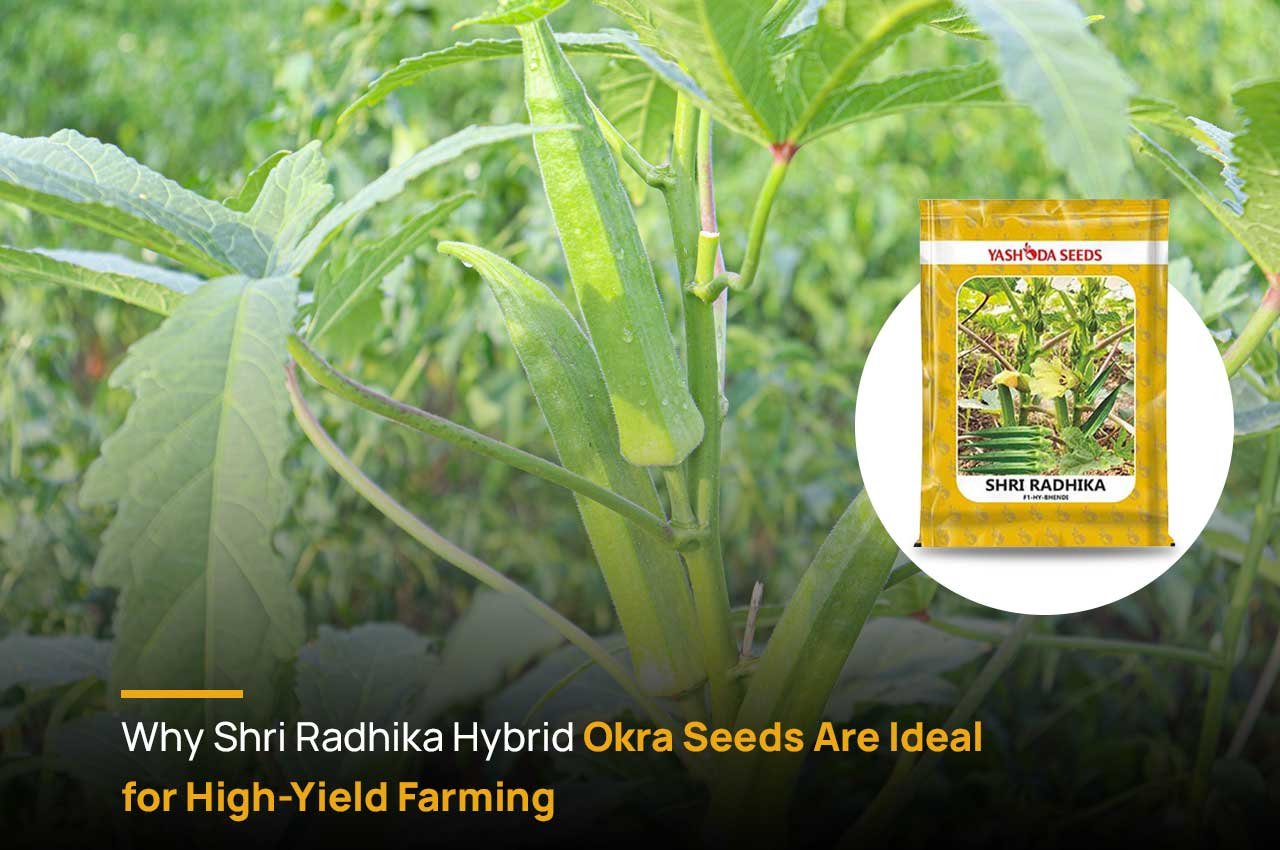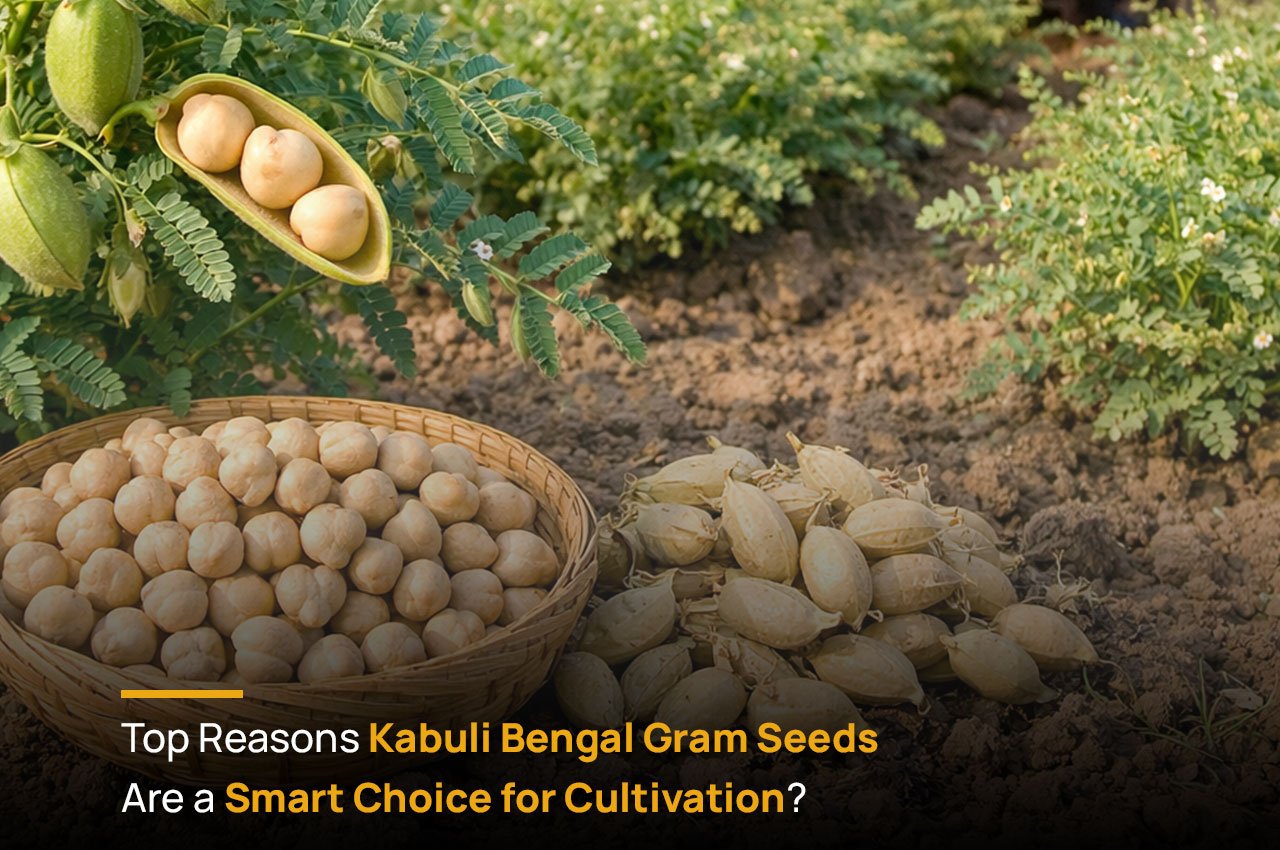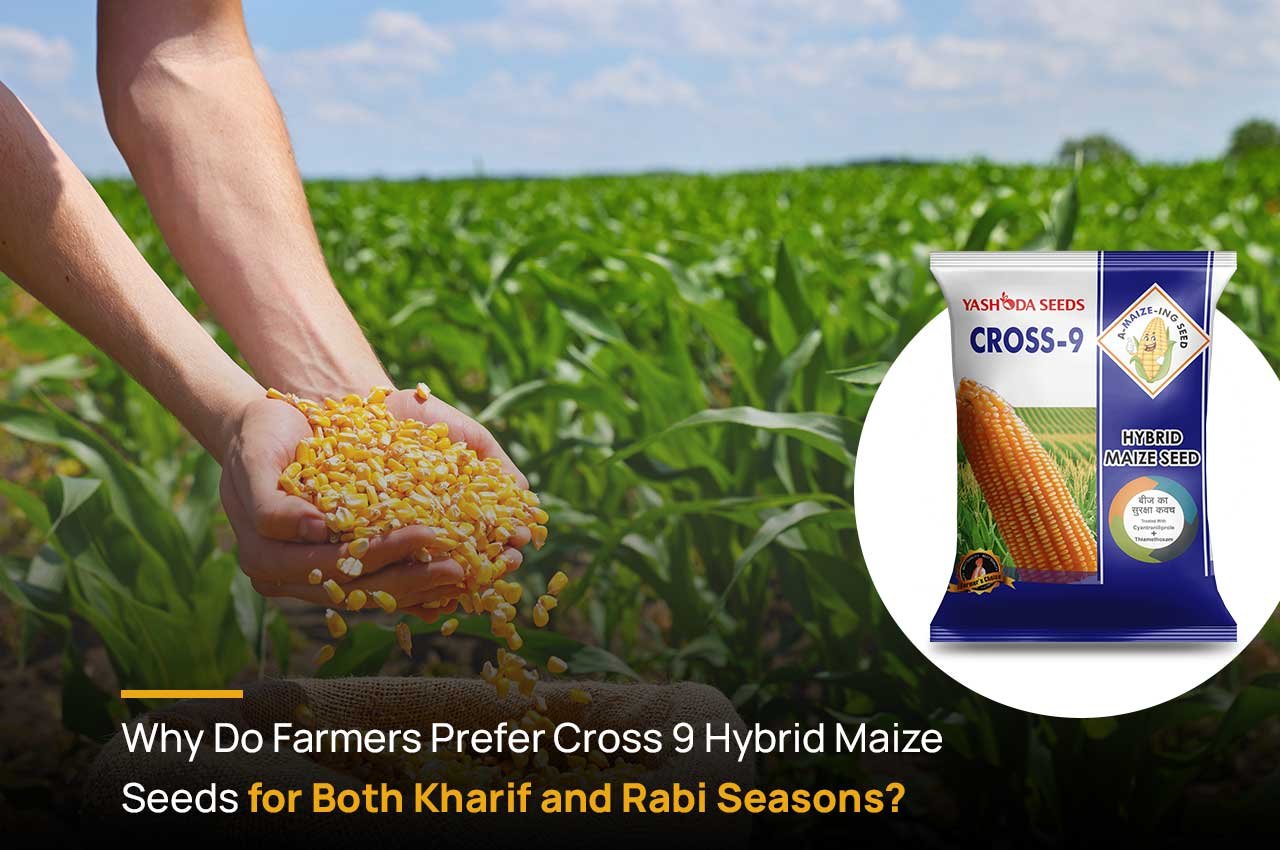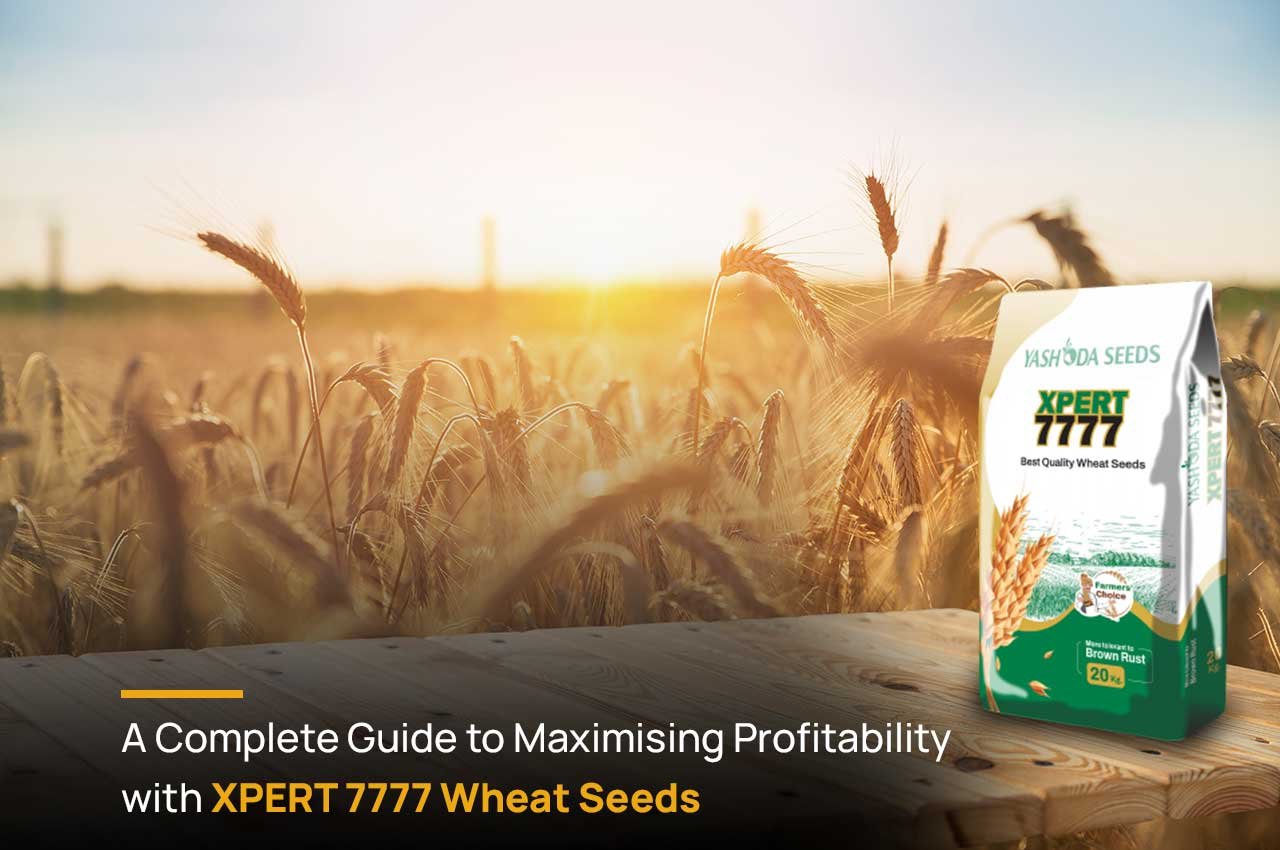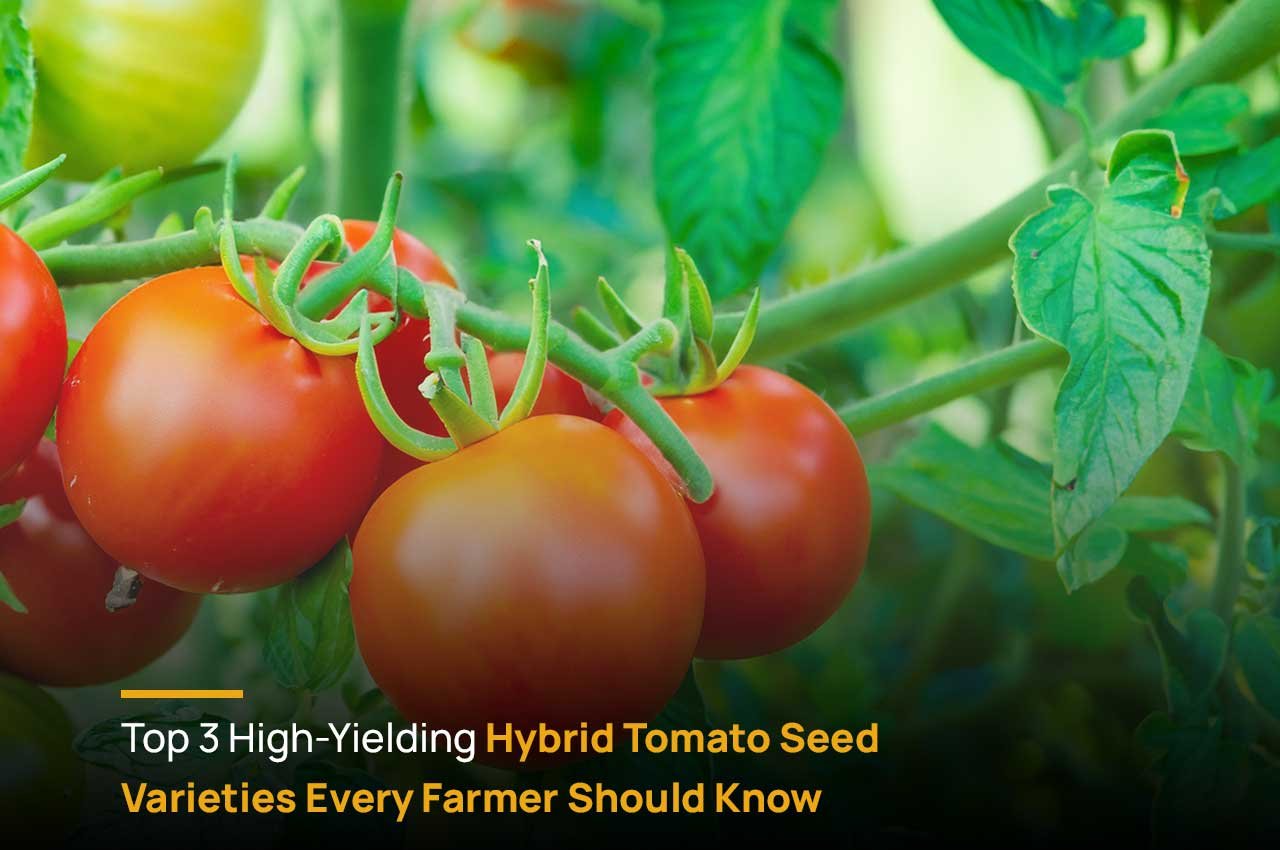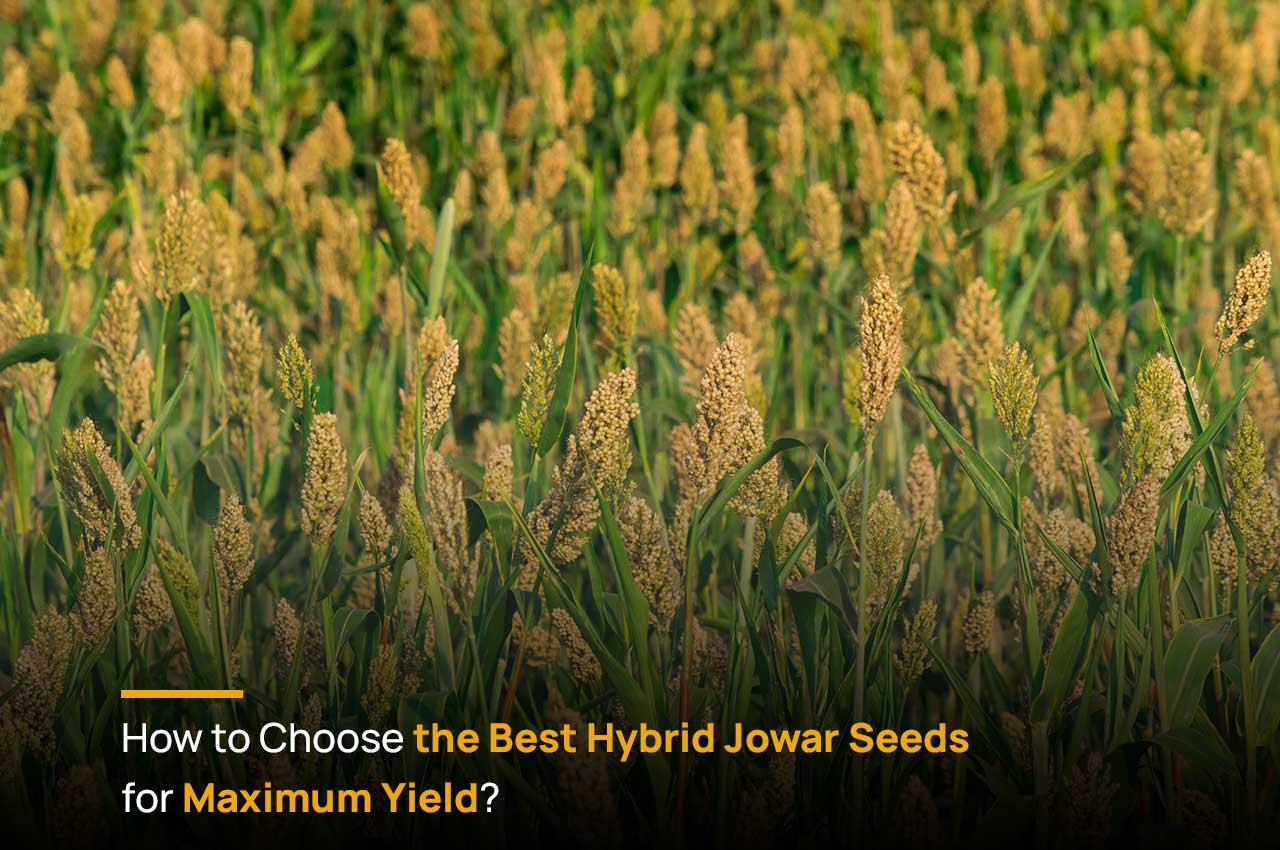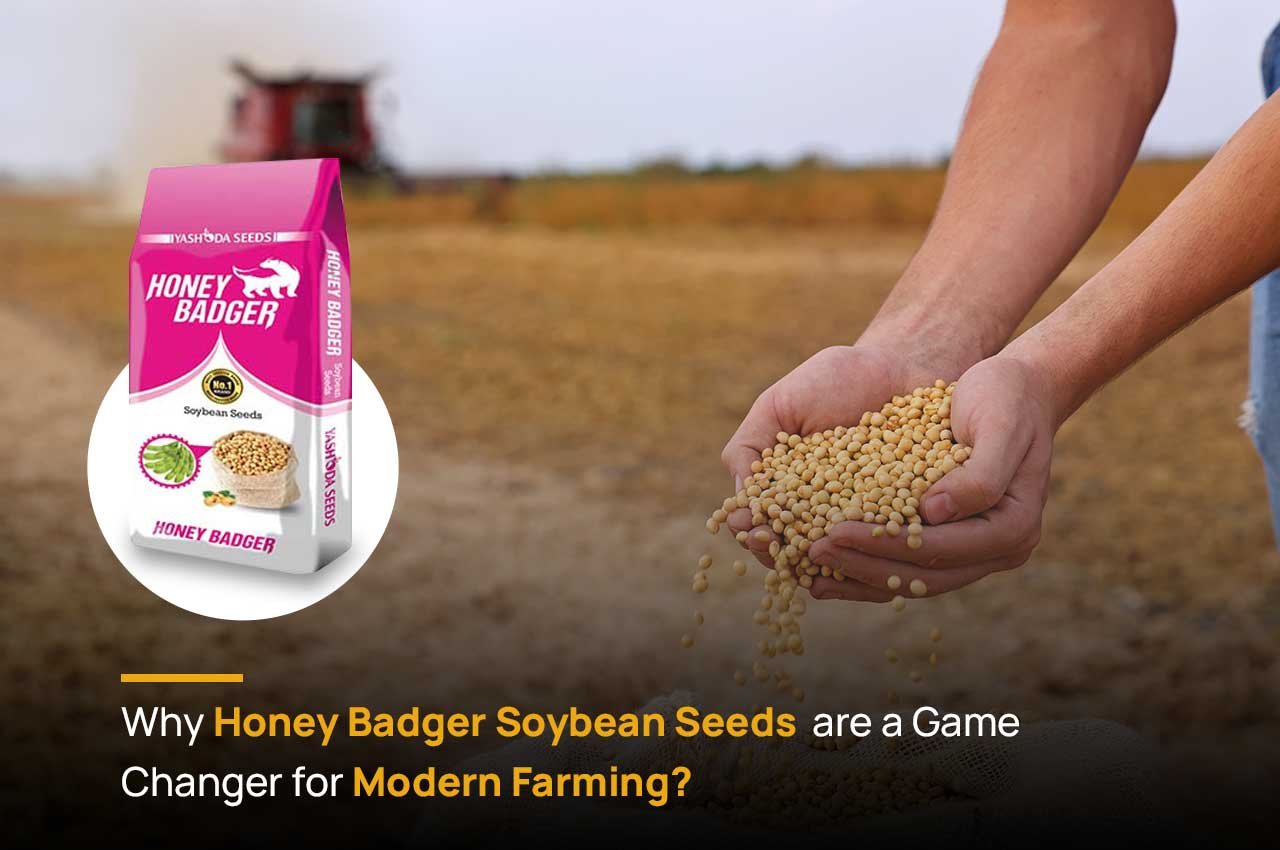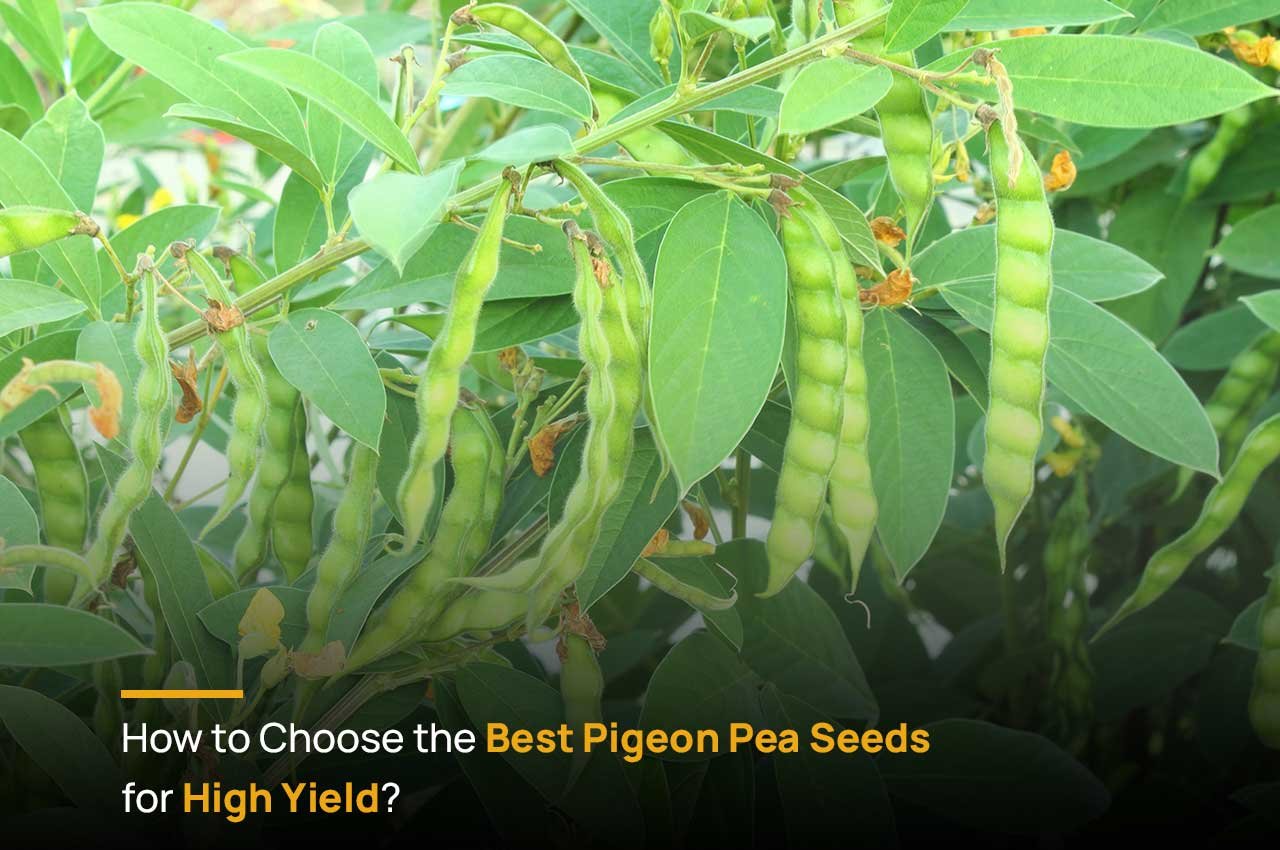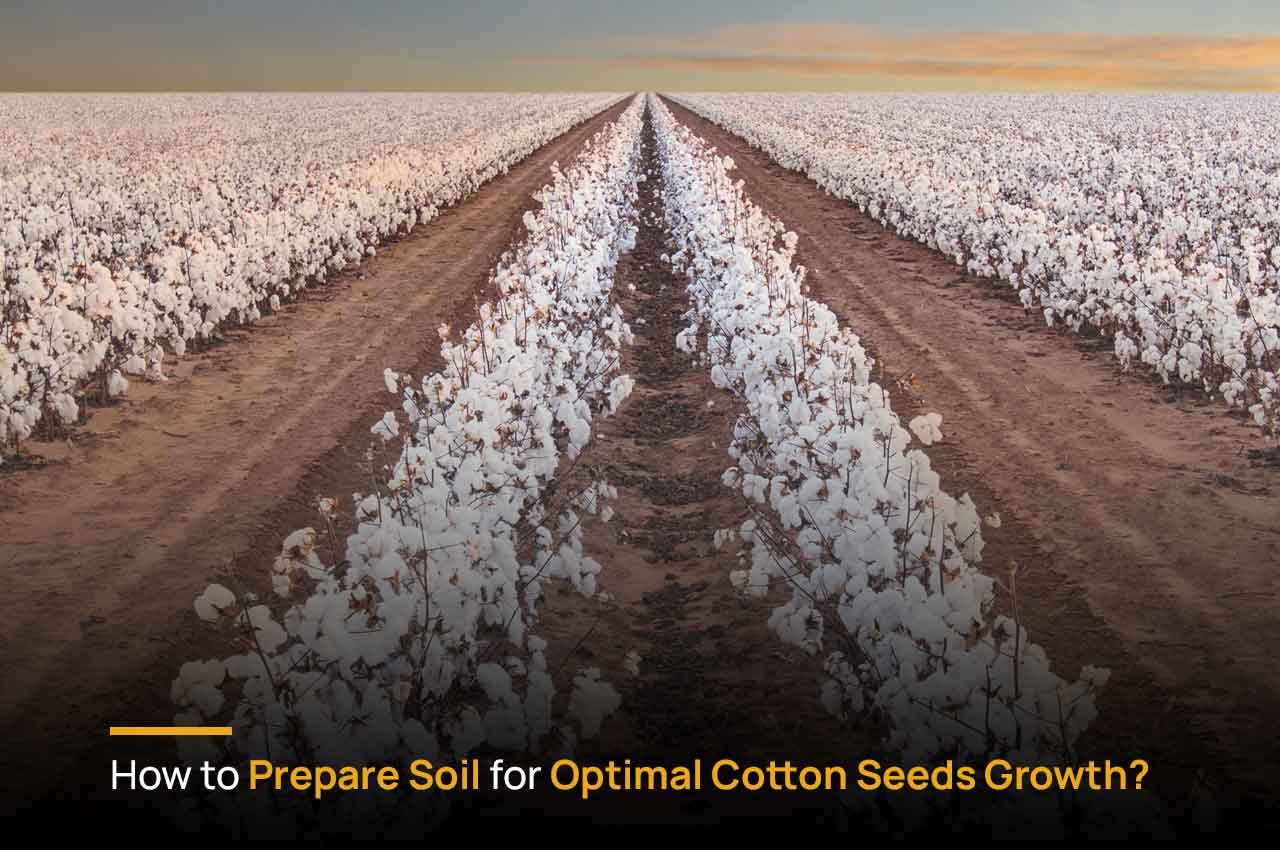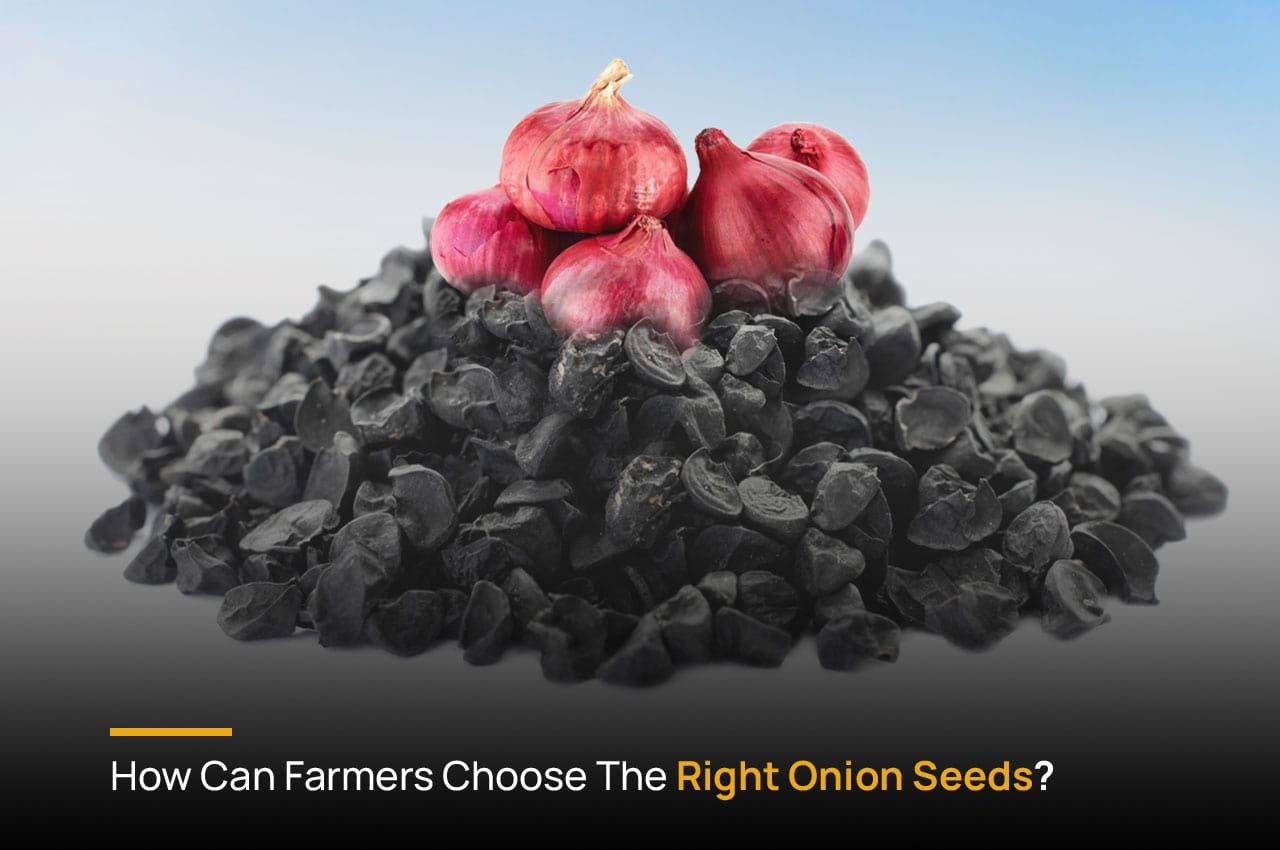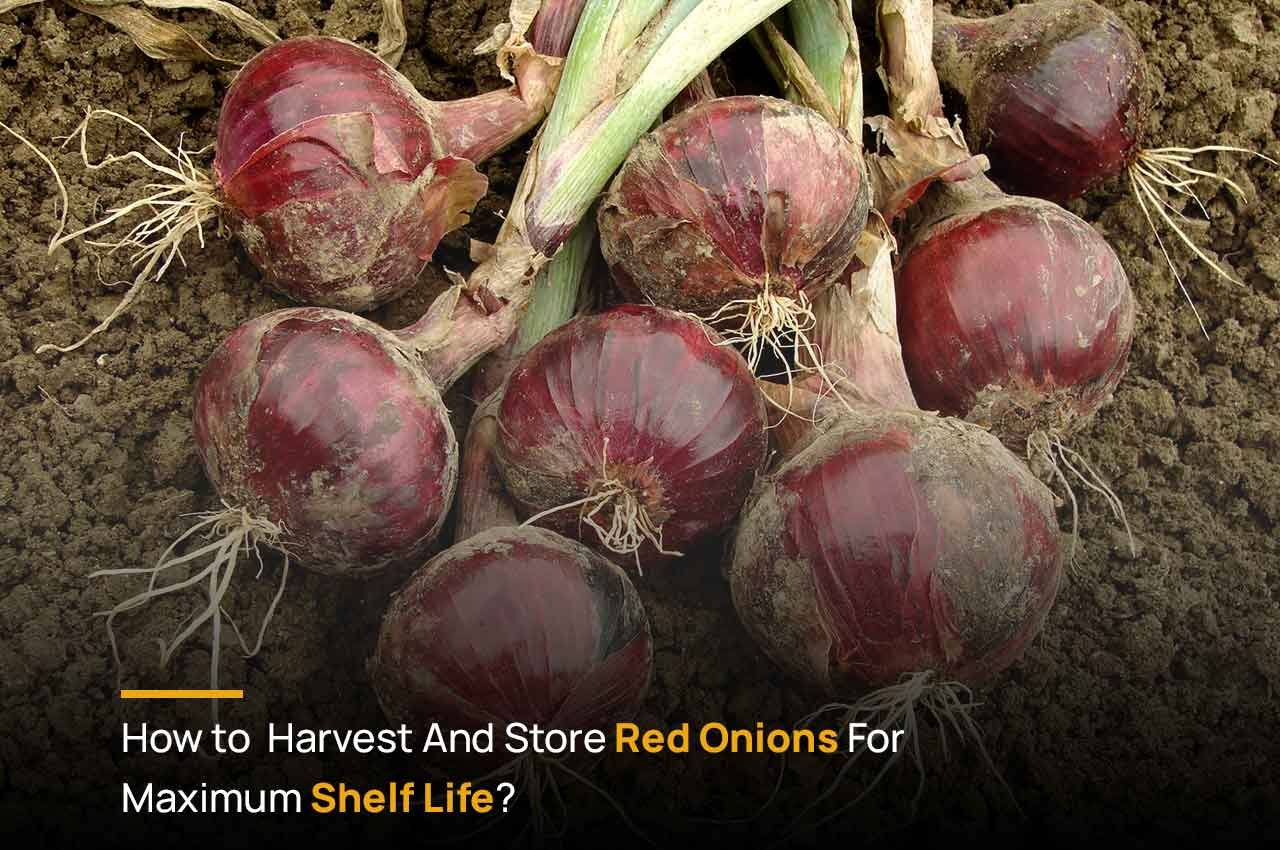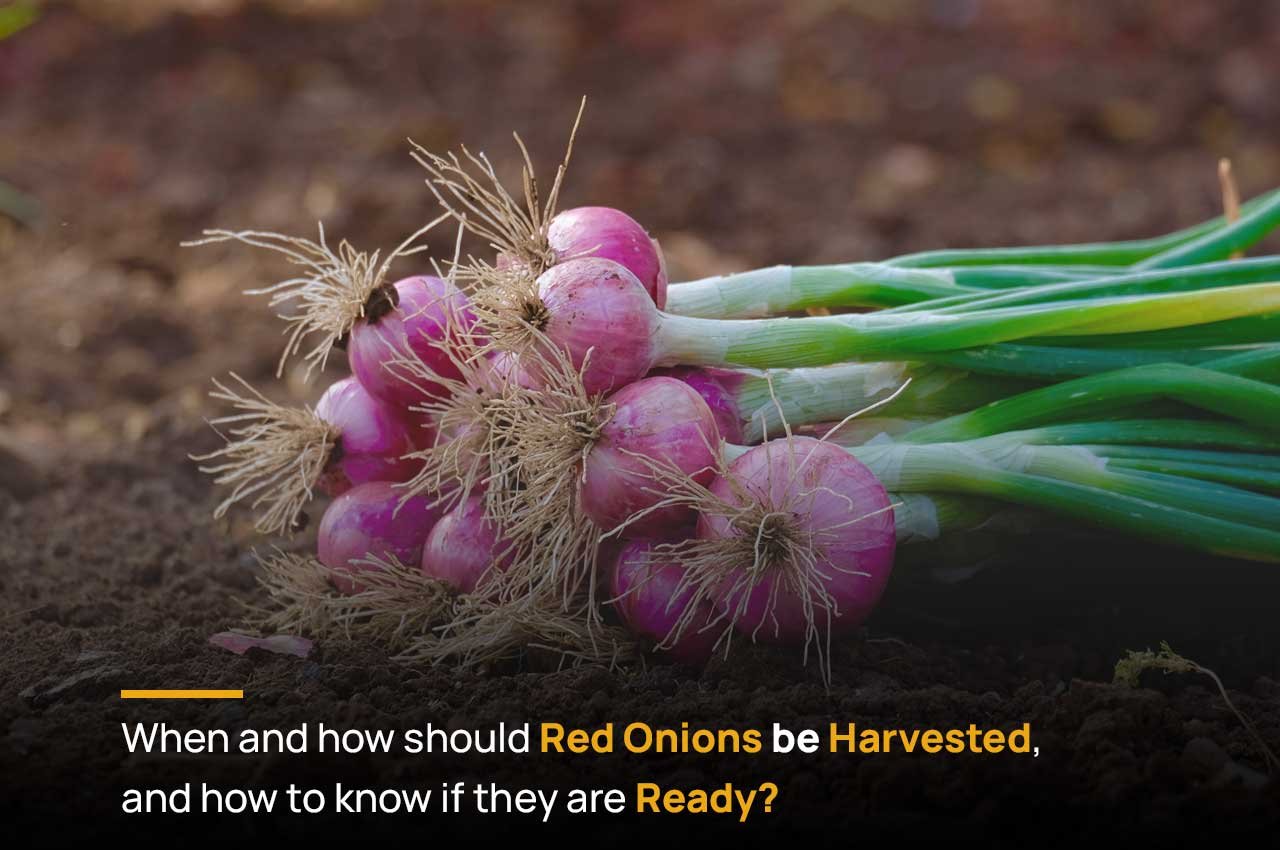
How to Choose the Right Cowpea Seed Variety for High Yield?
 Cowpea (Vigna unguiculata), or lobia as it is popularly called, is a highly versatile legume cultivated throughout India due to its nutritional and soil-enhancing qualities. Getting the proper variety of cowpea seeds is important when expecting high yield crops, particularly where the weather is changeable, such as in West Bengal.
Cowpea (Vigna unguiculata), or lobia as it is popularly called, is a highly versatile legume cultivated throughout India due to its nutritional and soil-enhancing qualities. Getting the proper variety of cowpea seeds is important when expecting high yield crops, particularly where the weather is changeable, such as in West Bengal.
Below, we take a look at selecting the very best of cowpea seed varieties.
Understanding Cowpea Seed Varieties
Seeds of the cowpea are of varying kinds and are suited to varying growing conditions and uses. Key points of concern when selecting a type of cowpea seed are:
- Climate Adaptability: Opt for strains that are highly adaptable to your region’s climate conditions.
- Disease Resistance: Select cultivars resistant to common insects and diseases.
- Yield Potential: Choose high-yielding varieties to obtain maximum output.
- Maturity Period: Note the maturity period, especially if you have unique planting and harvest dates.
Best Cowpea Seed Varieties for High Yield
Among the various cowpea seed varieties available, the following are recognised for their high yield potential and suitability for Indian farmers:
1. Vasundhara Cowpea Seeds
A research-grade cowpea seed designed especially for Kharif season cultivation, the Vasundhara Cowpea Seed matures in about 60–65 days. It thrives in well-drained loamy or somewhat heavier soils, which maximises growth conditions common in many Indian agricultural areas. In order to ensure sufficient plant density for efficient output, the suggested seeding rate is 14–16 kg per acre. These guidelines emphasise Vasundhara’s well-rounded approach to soil compatibility, yield potential, and effective seeding techniques for farmers cultivating cowpeas during the Kharif season.
Offered by Yashoda Hybrid Seeds Pvt. Ltd., this variety is known for its organic cultivation suitability.
Features:
- Chemical-free growth.
- High germination rates.
- Ideal for home gardening and organic farming.
Ideal For: Farmers and gardeners focusing on organic and chemical-free cultivation.
2. Lalita Cowpea Seeds
To take advantage of timely rainfall patterns, the Lalita research-grade cowpea variety is best sown from mid-June to mid-July, which is the pre-monsoon window. Because of its quick growth cycle,it matures in about 60–70 days,it is a dependable option for farmers who want to work with the monsoon timetable . 12–14 kg per acre is the suggested planting rate for best results, and it grows best on well-drained loamy to slightly heavier soils that provide adequate water retention and aeration.
The Lalita variety is recognised for its early bulking and high yield.
Features:
- Light reddish-brown pods.
- Bushy plant structure (staking not required).
- Synchronised fruiting.
Ideal For: Farmers looking for a high-yielding variety with minimal maintenance.
Where to Buy Cowpea Seeds?
Cowpea seed varieties can be purchased from various agricultural supply stores and online platforms. You should buy from reputable sources to ensure seed quality and authenticity. For the best quality cowpea seeds, choose Yashoda Hybrid Seeds Pvt Ltd, trusted by farmers for high yield, robust growth and superior performance.
Final Thoughts
Choosing the right cowpea seed variety is essential for achieving high yields and successful cultivation. Consider factors like climate adaptability, disease resistance, and maturity duration when selecting a variety. The varieties mentioned above are among the best options available for Indian farmers aiming for optimal production.
FAQs
Q1: Which cowpea variety is best for organic farming?
A1: Vasundhara Cowpea Seeds are ideal for organic farming due to their chemical-free cultivation suitability.
Q2: How long does it take for cowpea to mature?
A2: Depending on the variety, cowpea can mature in approximately 60 to 90 days.
Q3: Can cowpea be grown in containers?
A3: Yes, cowpea can be successfully grown in containers, making it suitable for urban gardening.




